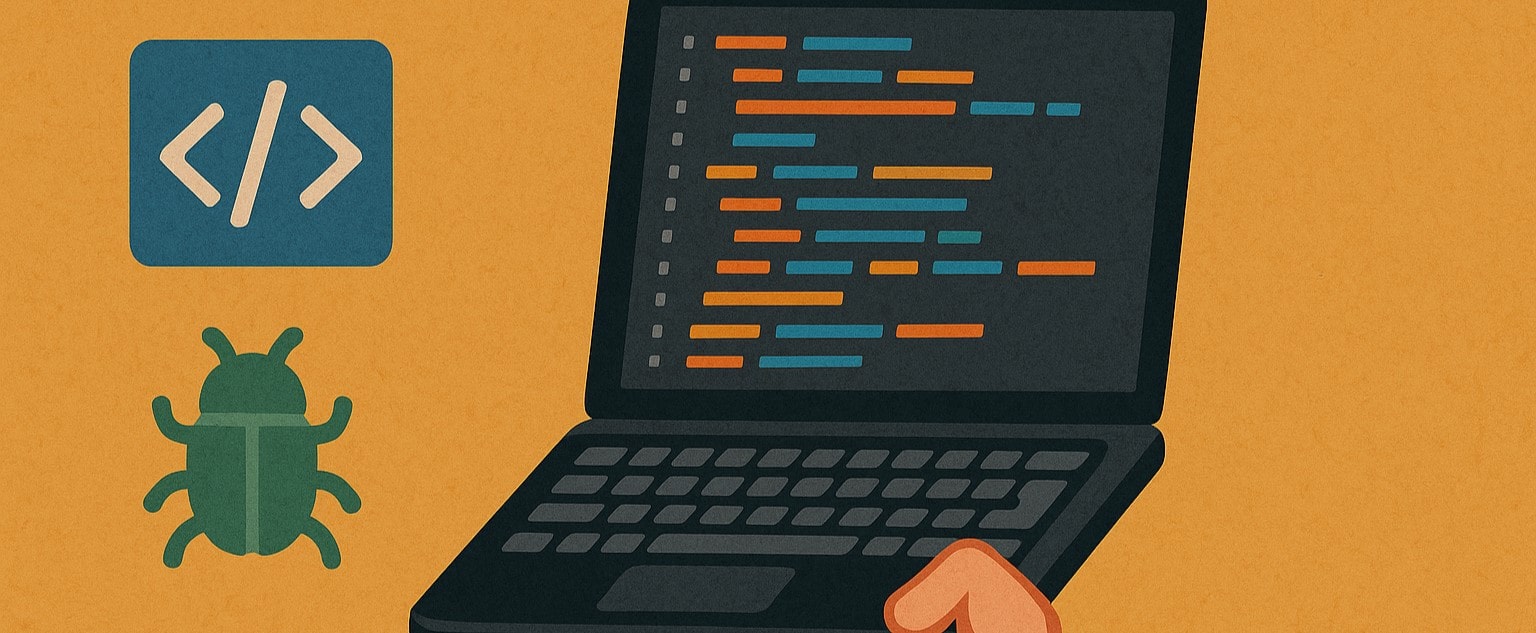Tools Do the Work, Hands Take the Credit

A few days ago, Emir Karşıyakalı, founder of Kommunity, shared some thoughts on Twitter about using IDEs*. What he said doesn’t just apply to software—it resonates with every field where people debate whether or not to adopt a new tool. Especially in today’s world, where AI surrounds us like air, it’s worth remembering: resisting progress is a battle you’re unlikely to win.
A few years ago, I had the chance to speak with a group of young software students at a technical high school. At the end of the talk, we opened the floor for questions. One in particular stayed with me—not just because it was sincere, but because it revealed something deeper.
One student raised their hand and said:
“I don’t use IDEs. I write everything myself—I think I learn better that way.”
There was more than just a technical choice in that sentence. It carried a sense of pride, of “I’m doing it the harder, better way.” A quiet defiance.
And I realized—it wasn’t just this student. I had seen this mindset in many beginners:
“Doing everything manually = being a better developer.”
It’s a tempting but flawed equation.
So I answered:
Writing everything by hand can make you feel like you’re working harder. However, it often means ignoring better, more efficient ways to achieve the same result. In the long run, it slows you down in terms of speed, productivity, and scalability. An IDE isn’t just a tool to write code—it’s a mentor, a guide, an accelerator. It helps you spot mistakes as you write. It enables you to visualize your architecture. In large projects, it saves significant time, reduces repetition, and allows you to focus on what truly matters.
A carpenter doesn’t use a rock instead of a hammer just to prove their skill. They don’t sacrifice efficiency for the sake of showing off. The same goes for coding.
There’s an old saying (in Turkish): “Tools do the work, but hands take the credit.”
We praise the hand because it wields the tool, but it’s the tool that makes the job possible. To dismiss the tool is not mastery; it’s usually just a misunderstanding. As if using the right tool means you’re being lazy. In reality, it’s the opposite: knowing when and how to use the right tool is part of true craftsmanship.
Typing everything by hand doesn’t make you a good developer.
What makes you a good developer is how you solve problems, the approaches you take, knowing which tools to bring in, and never stopping your growth.
When I finished, the room was quiet. I could see that the student was thinking.
Maybe it was just a spark—but sometimes, that’s all it takes.
Being a developer isn’t just about writing lines of code. It’s about building the right habits, using the right tools, and seeing things from the right perspective.
*IDE: Integrated Development Environment—software that helps you write, test, and debug code.

 Türkçe:
Türkçe: 

